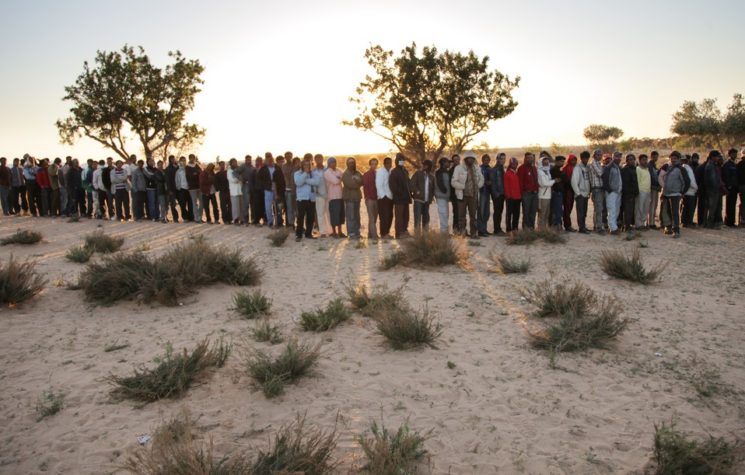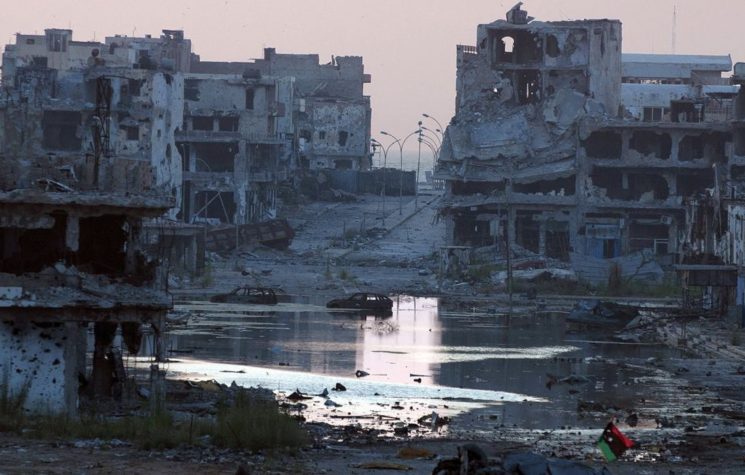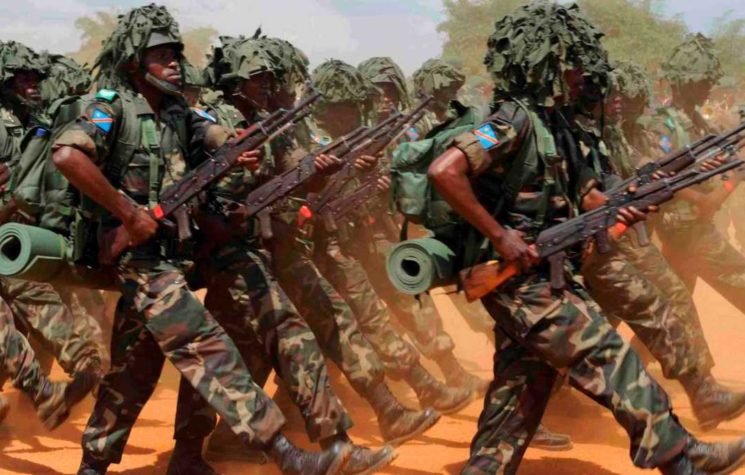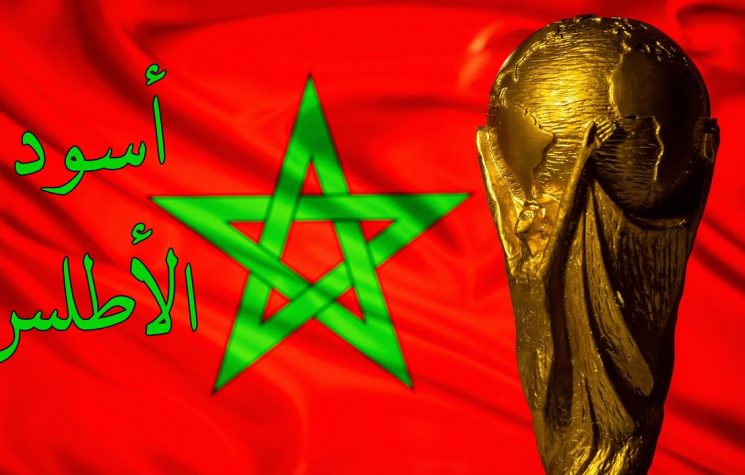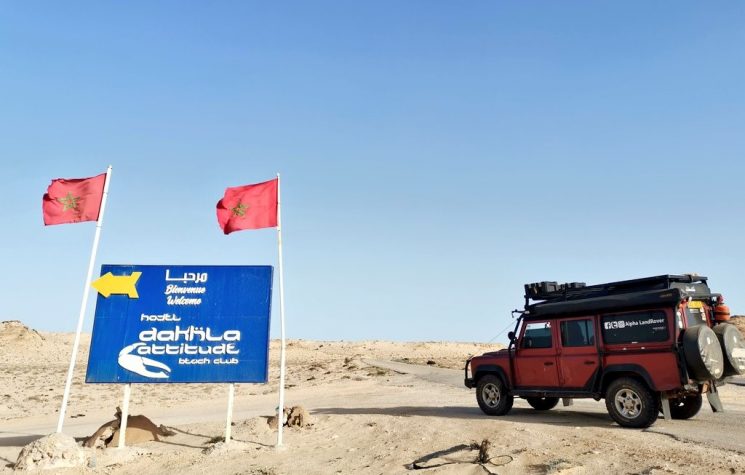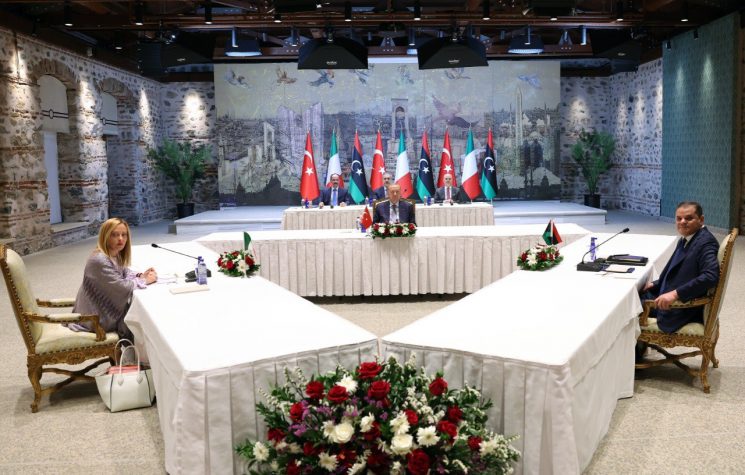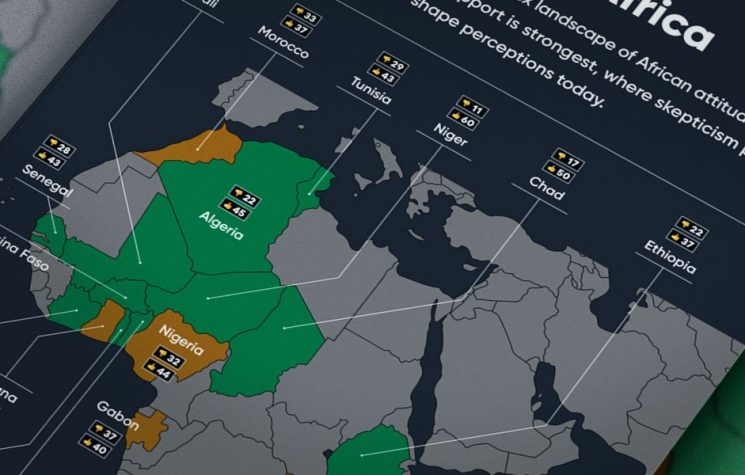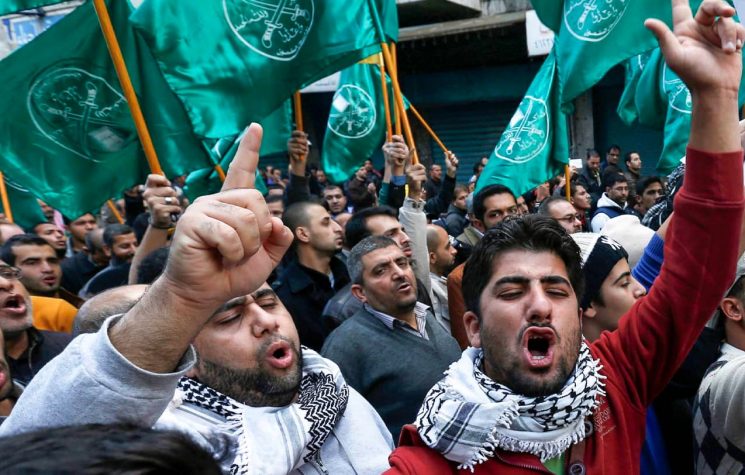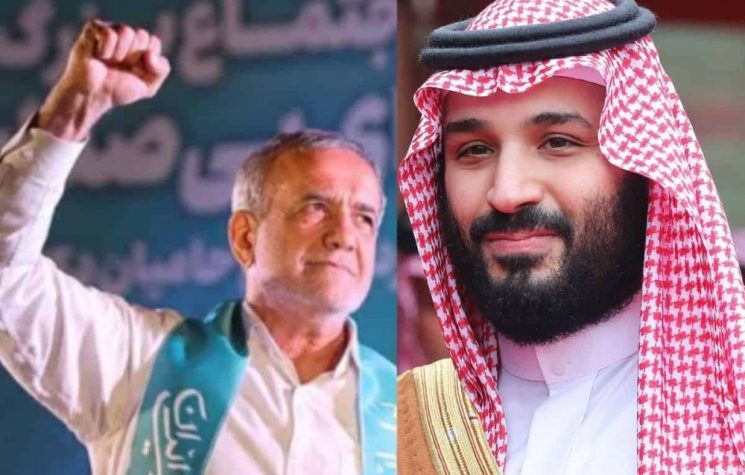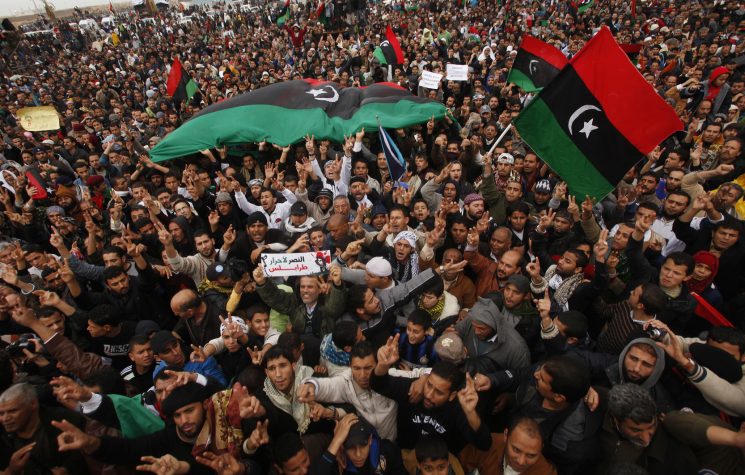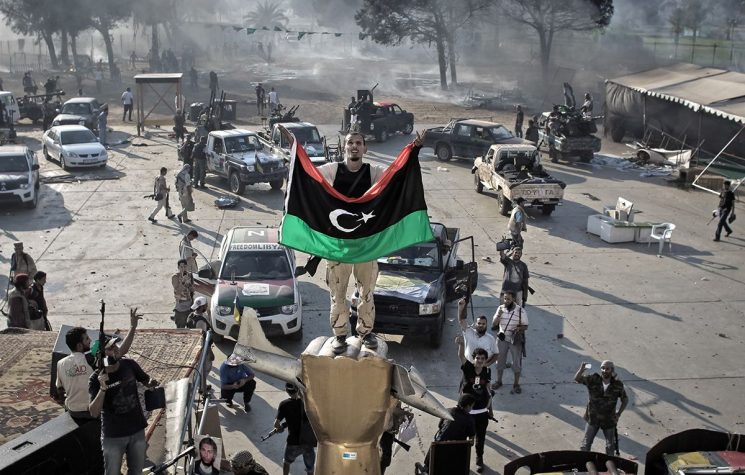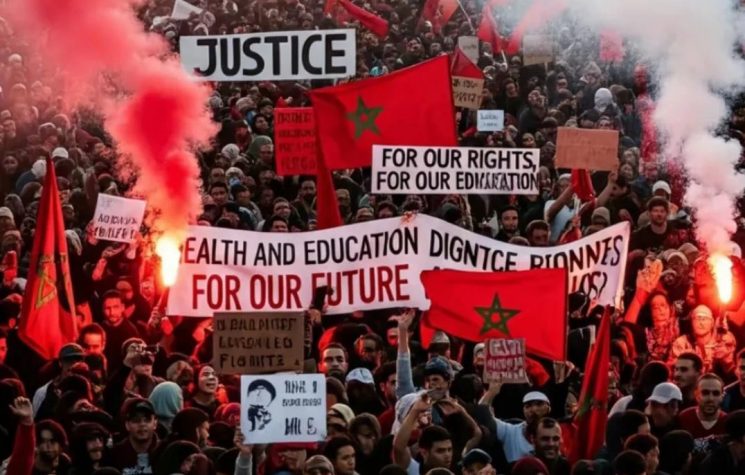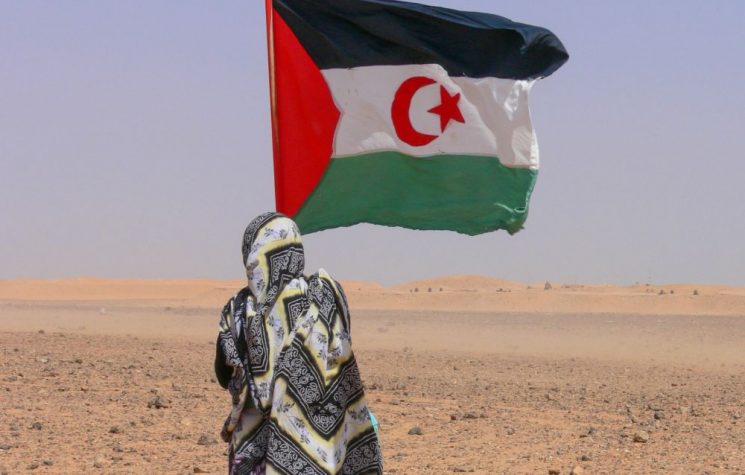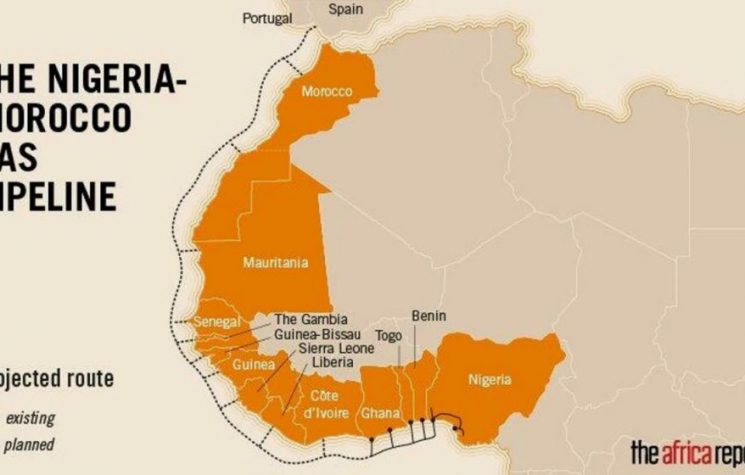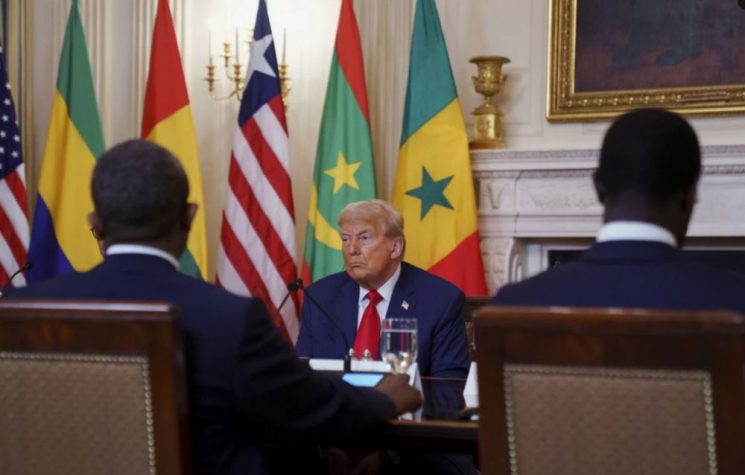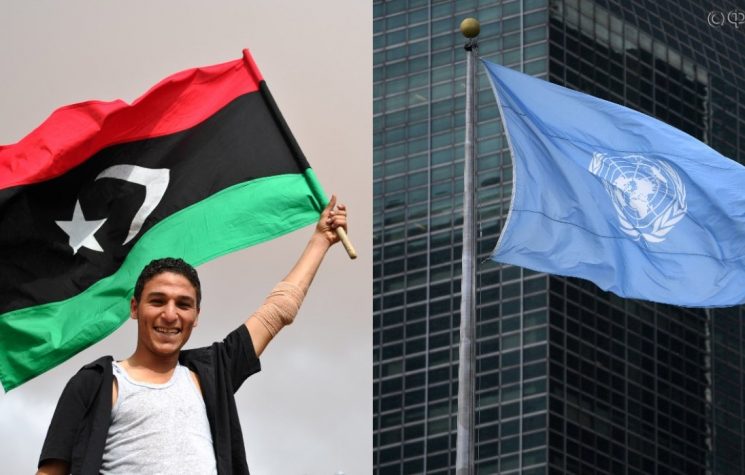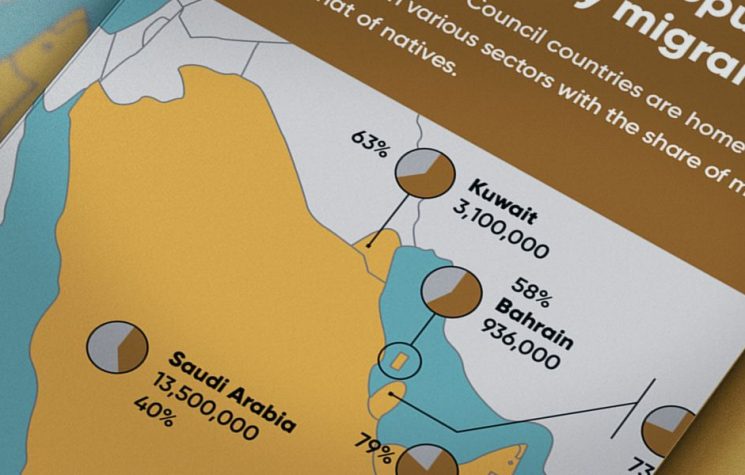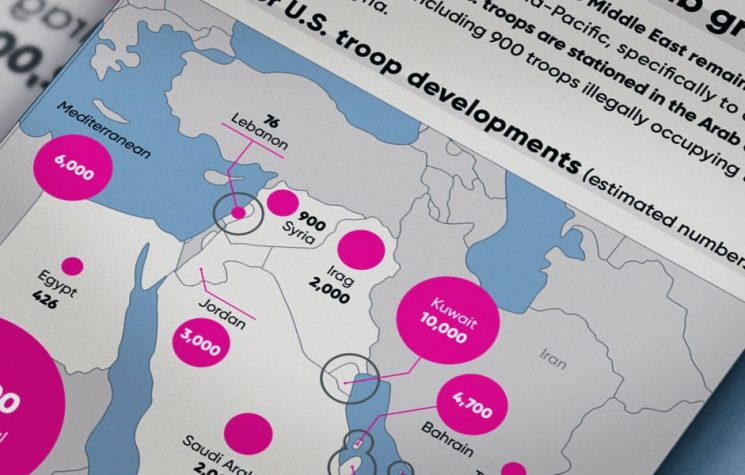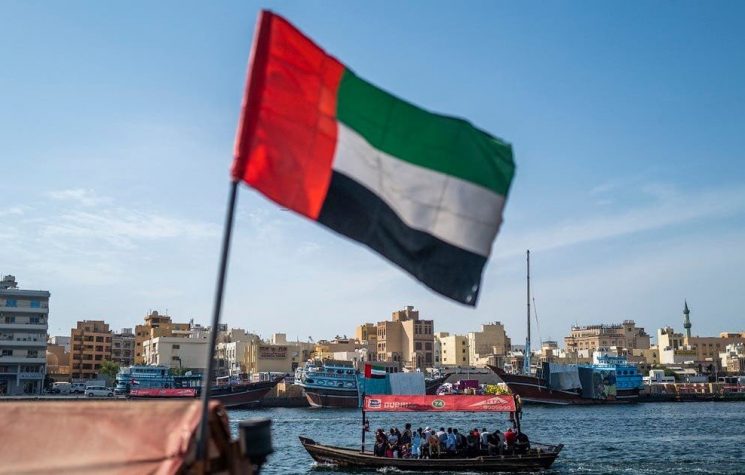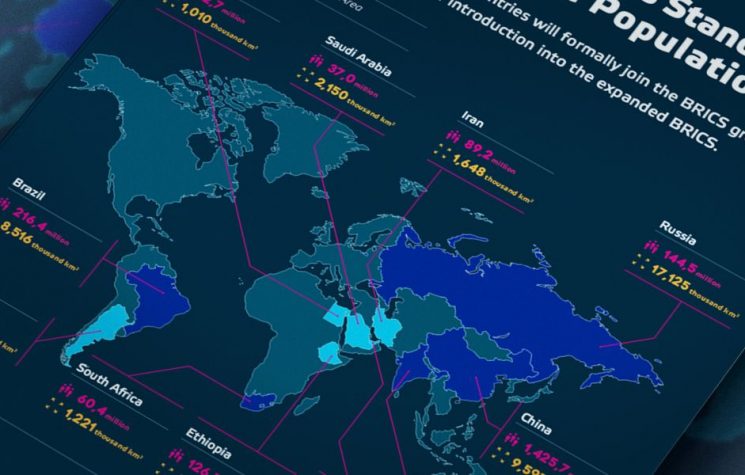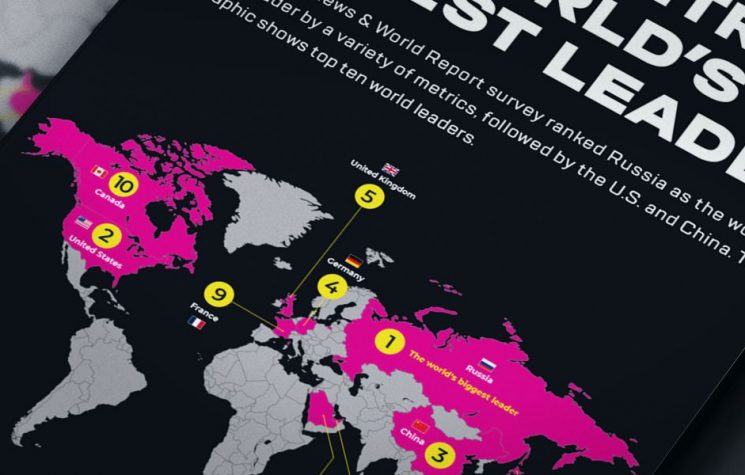The last few days of April feel like Shakespeare’s ides of March for geopolitical star gazers in the MENA region. It’s often written that weak elites in the region are watching Algeria and Libya very carefully to see how much of a people’s revolution can permeate into other countries. But in reality all leaders of the MENA region are studying the events there, in particular Libya – a country which Russian President Putin felt was lost to the West, when in 2011, the UN voted to bomb it, which, unwittingly perhaps led to the overthrow of Gaddafi. A precedent was set by the US which is still being felt around the world today: when the West gets into bed with a tyrant, he may well wake up in the morning not only missing his wallet and cellphone, but also in a police cell. If he’s lucky to live, that is.
Libya is now proving to be difficult once again as the overthrow of its incumbent leader Fayez al-Sarraj by a charismatic, if not controversial military character, will come at a very high price.
Once again, the Arab world stands divided on who the winners and losers should be once the Libya game starts, made even more complicated by Trump surprising many by supporting General Haftar, who has the backing of Egypt, Saudi Arabia, UAE, France and, importantly, Russia. However, Moscow’s support is more token, than practical, as, unlike the others in the posse of supporters, Putin wants to take the role of peace broker rather than military power, opting to not be dragged into the polarized conflict.
Geopolitically, Libya is a nightmare. And Putin knows it. Opposing the largely western camp which is supporting Haftar, there is Turkey and Qatar who are with al-Sarraj although it doesn’t seem as though they are supporting him militarily. The army of the Libyan ‘Government of National Accord’ (GNA), although rumoured to be accommodating a handful of foreign fighters from Turkey, relies largely on antiquated Libyan army tanks and heavy equipment which was left over by the Gaddafi regime; Haftar’s forces notably have the latest armour plated vehicles from the UAE.
And then there are those countries, which go further than Russia, in that they don’t support Haftar but also urge a ceasefire and a diplomatic process like Algeria itself and Morocco – the latter actually being a tour de force in a UN-brokered agreement hammered out in 2015 in the coastal town of Skhirak.
And here’s where it gets complicated, particularly for Morocco which in the past always had good relations with Saudi Arabia and UAE – although the latter just removed its ambassador from Rabat in a churlish response to show Morocco that its foreign minister’s tour of the Middle East (which skipped the UAE) was not unnoticed.
Algeria is with the al-Sarraj government and also still believes in a diplomatic process and cares little about being on the other side of the fence to Egypt, Saudi Arabia and the UAE, let alone the US or France. But for Morocco, which strongly believes that it played a pivotal role in the UN-brokered deal, there is little to be gained to be alienated further from the Saudis, or for that matter Paris and Washington.
Importantly, it’s the Saudis who are centre stage for the moment who are desperately trying to patch up their differences with Mohamed VI, Morocco’s monarch, believed to have visited the Saudi King in recent days to try and draw a line under a recent row between Rabat and Riyad over Morocco’s withdrawal of its troops in Yemen, which, is largely about Riyad’s airing of a documentary about Western Sahara which vexed Morocco’s elite and the failure of the Saudis to back Morocco’s bid to host the 2026 World Cup.
But with the tension building up now over Tripoli’s fighting – which a Libyan official recently said has effectively canceled the Skhirak peace deal – Morocco is bundled awkwardly with Algeria (which it has an acrimonious history with), Turkey (which it has warm, but limited relations with) and Qatar which it has good relations with – much to the increased annoyance of Riyadh. Recently Turkey and Qatar both had joint military air force exercises as both countries have regional ambitions of increasing their influence in the Middle East. They are also both building an impressive military base in the red sea, on an island that Ankara leases from the Sudan government so worries that these two countries can create a problem in Libya for those supporting Haftar are not entirely far fetched.
There is a very real worry that Libya might be a staging ground for that, which raises a number of questions as to whether Algeria and Morocco would ever join such a campaign. Much depends on meetings that Mohamed VI is having in the region with both the monarchs of Saudi Arabia and Jordan as there is pressure on the Moroccan monarch to support al-Sajjar as it is often stressed by leading figures in Tripoli that both Morocco and Libya are both in the Magreb Union.
But Libya very much represents once again a poisoned chalice for anyone who wishes to drink from it as the two camps which have been formed aren’t necessarily allies or enemies in other spheres. The situation could become even more complicated if Algeria were to offer military support to Tripoli, which could turn up the heat in Rabat to boiling point to intervene – to prevent a regional proxy war erupting and for once again Saudi Arabia and UAE being dragged into a conflict which would cost them billions and be seen as another Yemen unfolding.








